Title page photograph by Fawzia Mustafa
An earlier version of Excellent Things in Women appeared in Raritan 6 (Winter 1987): 5571, 1987 by Sara Suleri. All rights reserved.
The University of Chicago Press, Chicago 60637
William Collins Sons & Co., Ltd., London
1989 by The University of Chicago
All rights reserved. Published 1989
Paperback edition 1991
Printed in the United States of America
11 10 09 08 07 7 8 9 10
ISBN 978-0-226-05084-3 (e-book)
Library of Congress Cataloging-in-Publication Data
Suleri, Sara.
Meatless days / Sara Suleri.
p. cm.
1. Suleri, Sara. 2. English teachersUnited StatesBiography. 3. PakistanSocial life and customs. 4. PakistanIntellectual life20th century. I. Title.
PE64.S84A3 1989
954.910460924dc19
[B]
ISBN 0-226-77981-5 (paperback) | CIP |

The paper used in this publication meets the minimum requirements of the American National Standard for Information SciencesPermanence of Paper for Printed Library Materials, ANSI Z39.48-1992.
EXCELLENT THINGS IN WOMEN
L eaving Pakistan was, of course, tantamount to giving up the company of women. I can tell this only to someone like Anita, in all the faith that she will understand, as we go perambulating through the grimness of New Haven and feed on the pleasures of our conversational way. Dale, who lives in Boston, would also understand. She will one day write a book about the stern and secretive life of breastfeeding and is partial to fantasies that culminate in an abundance of resolution. And Fawzi, with a grimace of recognition, knows because she knows the impulse to forget.
To a stranger or an acquaintance, however, some vestigial remoteness obliges me to explain that my reference is to a place where the concept of woman was not really part of an available vocabulary: we were too busy for that, just living, and conducting precise negotiations with what it meant to be a sister or a child or a wife or a mother or a servant. By this point admittedly I am damned by my own discourse, and doubly damned when I add yes, once in a while, we naturally thought of ourselves as women, but only in some perfunctory biological way that we happened on perchance. Or else it was a hugely practical joke, we thought, hidden somewhere among our clothes. But formulating that definition is about as impossible as attempting to locate the luminous qualities of an Islamic landscape, which can on occasion generate such aesthetically pleasing moments of life. My audience is lost, and angry to be lost, and both of us must find some token of exchange for this failed conversation. I try to lay the subject down and change its clothes, but before I know it, it has sprinted off evilly in the direction of ocular evidence. It goads me into saying, with the defiance of a plea, You did not deal with Dadi.
Dadi, my fathers mother, was born in Meerut toward the end of the last century. She was married at sixteen and widowed in her thirties, and by her latter decades could never exactly recall how many children she had borne. When India was partitioned, in August of 1947, she moved her thin pure Urdu into the Punjab of Pakistan and waited for the return of her eldest son, my father. He had gone careening off to a place called Inglestan, or England, fired by one of the several enthusiasms made available by the proliferating talk of independence. Dadi was peeved. She had long since dispensed with any loyalties larger than the pitiless give-and-take of people who are forced to live together in the same place, and she resented independence for the distances it made. She was not among those who, on the fourteenth of August, unfurled flags and festivities against the backdrop of people running and cities burning. About that era she would only say, looking up sour and cryptic over the edge of her Quran, And I was also burned. She was, but that came years later.
By the time I knew her, Dadi with her flair for drama had allowed life to sit so heavily upon her back that her spine wilted and froze into a perfect curve, and so it was in the posture of a shrimp that she went scuttling through the day. She either scuttled or did not: it all depended on the nature of her fight with the Devil. There were days when she so hated him that all she could do was stretch herself out straight and tiny on her bed, uttering most awful imprecation. Sometimes, to my mothers great distress, Dadi could berate Satan in full eloquence only after she had clambered on top of the dining-room table and lain there like a little molding centerpiece. Satan was to blame: he had after all made her older son linger long enough in Inglestan to give up his rightful wife, a cousin, and take up instead with a white-legged woman. Satan had stolen away her only daughter Ayesha when Ayesha lay in childbirth. And hed sent her youngest son to Swaziland, or Switzerland; her thin hand waved away such sophistries of name.
God she loved, and she understood him better than anyone. Her favorite days were those when she could circumnavigate both the gardener and my father, all in the solemn service of her God. With a pilfered knife, shed wheedle her way to the nearest sapling in the garden, some sprightly poplar or a newly planted eucalyptus. Shed squat, shed hack it down, and then shed peel its bark away until she had a walking stick, all white and virgin and her own. It drove my father into tears of rage. He must have bought her a dozen walking sticks, one for each of our trips to the mountains, but it was like assembling a row of briar pipes for one who will not smoke: Dadi had different aims. Armed with implements of her own creation, she would creep down the driveway unperceived to stop cars and people on the street and give them all the gossip that she had on God.
Food, too, could move her to intensities. Her eyesight always took a sharp turn for the worse over mealsshe could point hazily at a perfectly ordinary potato and murmur with Adamic reverence What is it, what is it called? With some shortness of manner one of us would describe and catalog the items on the table. Alu ka bhartha, Dadi repeated with wonderment and joy; Yes, Saira Begum, you can put some here. Not too much, shed add pleadingly. For ritual had it that the more she demurred, the more she expected her plate to be piled with an amplitude her own politeness would never allow. The ritual happened three times a day.
We pondered it but never quite determined whether food or God constituted her most profound delight. Obvious problems, however, occurred whenever the two converged. One such occasion was the Muslim festival called Eidnot the one that ends the month of fasting, but the second Eid, which celebrates the seductions of the Abraham story in a remarkably literal way. In Pakistan, at least, people buy sheep or goats beforehand and fatten them up for weeks with delectables. Then, on the appointed day, the animals are chopped, in place of sons, and neighbors graciously exchange silver trays heaped with raw and quivering meat. Following Eid prayers the men come home, and the animal is killed, and shortly thereafter rush out of the kitchen steaming plates of grilled lung and liver, of a freshness quite superlative.


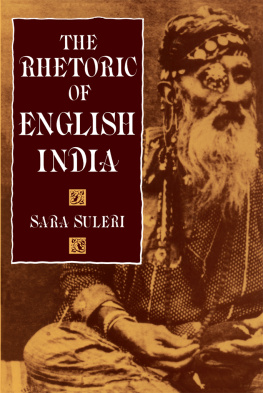


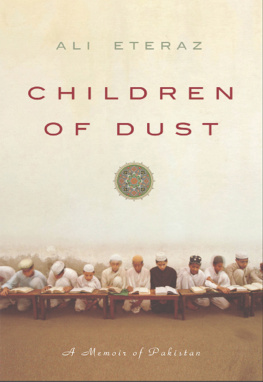
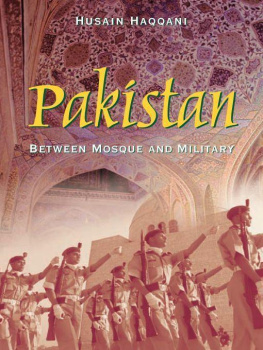
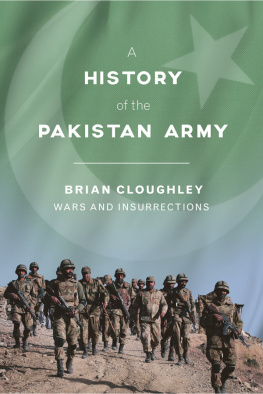
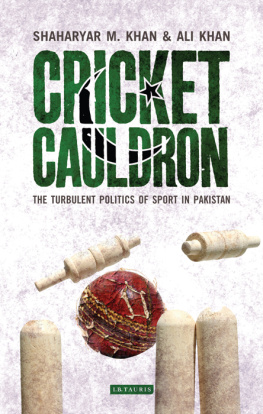
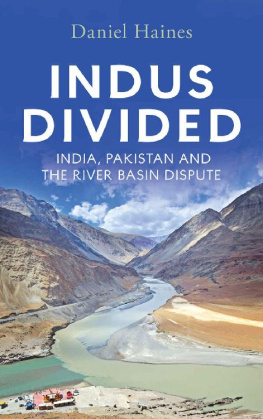
 The paper used in this publication meets the minimum requirements of the American National Standard for Information SciencesPermanence of Paper for Printed Library Materials, ANSI Z39.48-1992.
The paper used in this publication meets the minimum requirements of the American National Standard for Information SciencesPermanence of Paper for Printed Library Materials, ANSI Z39.48-1992.